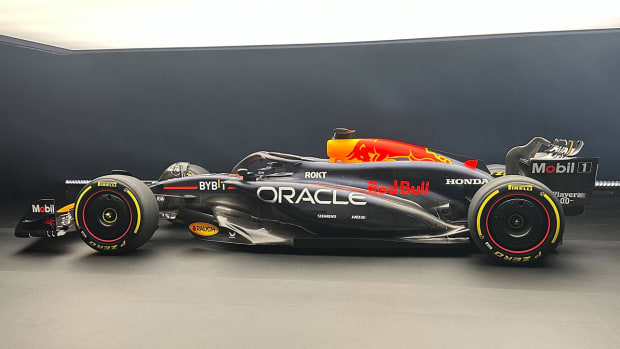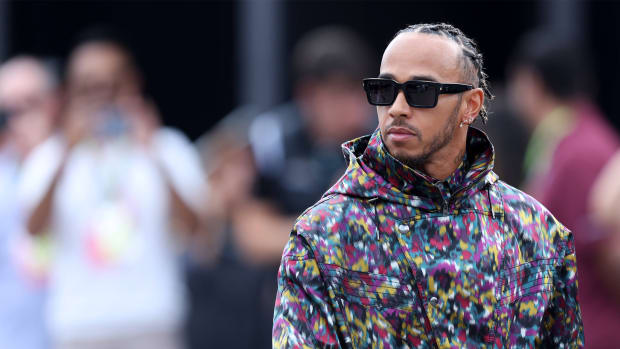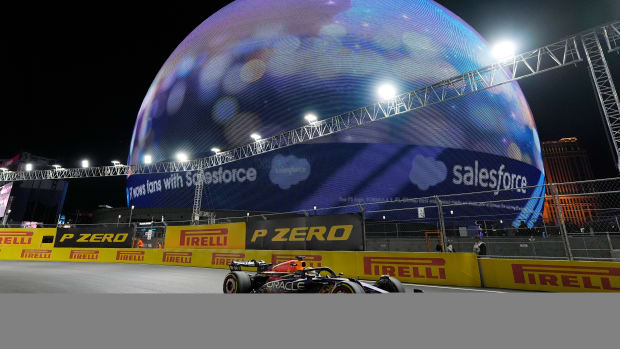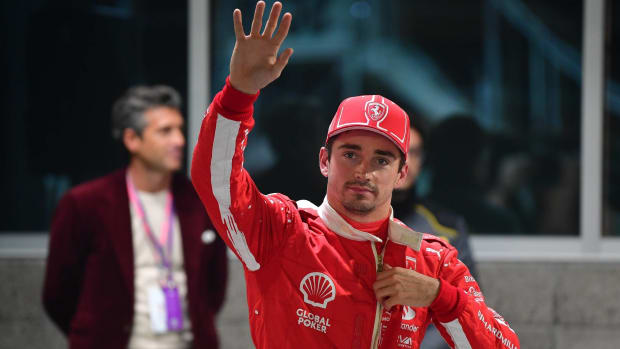F1’s Governing Body Details Parameters of Freedom of Speech Rule
The Fédération Internationale de l’Automobile (FIA), Formula One’s governing body, has now outlined the limitations of its latest ruling concerning “political, religious and personal statements or comment.”
The governing body added a new article to the International Sporting Code late last year, which states that the following is a breach of the rules: “The general making and display of political, religious and personal statements or comments notably in violation of the general principle of neutrality promoted by the FIA under its Statutes, unless previously approved in writing by the FIA for International Competitions, or by the relevant ASN for National Competitions within their jurisdiction.”
Multiple drivers have been critical of the move in recent weeks. McLaren’s Lando Norris compared it to how kids are treated in school while Mercedes’s Lewis Hamilton remained adamant that he’ll still speak out. He told Sky Sports News the rule “doesn’t surprise me. But nothing will stop me from speaking on the things that I feel that I’m passionate about and issues that there are.”
It was unclear at first what would be categorized as a violation of the new rule, but on Friday, the FIA clarified the parameters—to an extent. Drivers can make comments “in their own space, and outside the scope of the international competition.” However, the FIA did highlight where these statements would not be permitted without prior approval.
- “FIA press conferences (except in response to direct questions from accredited journalists);
- “activities on the track (Course) area or equivalent (e.g., during the Drivers Parade and the national anthem); or
- “pre-race / post-race procedures or equivalent (e.g., the podium ceremony, in the cool down room, or at the start- and end-of-season group photos).”
It’s clear that what constitutes a “political, religious and personal” remark will be decided on a “case-by-case basis.” But, some examples were given, such as how signing a cross on one’s self before a race like Pierre Gasly does will not be a violation. What constitutes as “personal” is still murky with Friday’s document stating, “Any circumstance personal to the participant. Competitors must not use events as a platform to share personal statements of any kind in violation of the general principle of neutrality.”
In order to receive permission for a statement outside of the parameters, drivers must submit a written request four weeks ahead of time. If drivers violate the rule, there’s reportedly a wide range of punishments the stewards could consider, including warnings, fines or sporting penalties.




